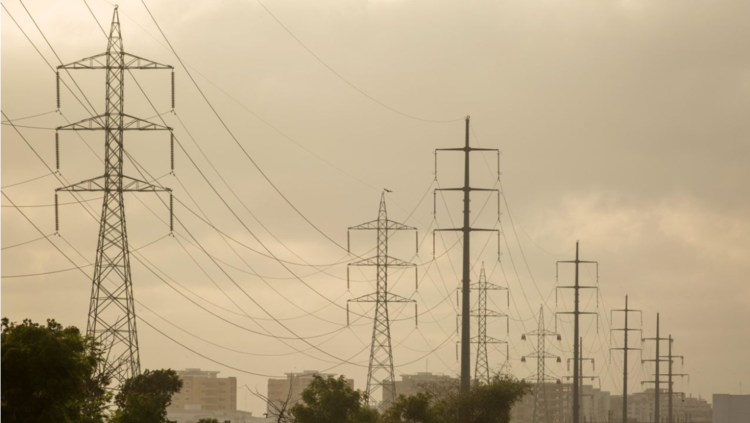
Newsnomics AJAY ANGELINA reporter | On Monday morning, the country’s overburdened electrical system
collapsed in a rolling wave of blackouts that began in the desert provinces of Baluchistan and Sindh but
quickly spread to nearly the entire country, including the densely crowded cities of Karachi, Lahore, Sialkot,
Peshawar, Rawalpindi as well as Islamabad.
The country’s Ministry of Energy said in a statement the country’s National Grid went down at 7.34 am (local
time), “causing a widespread breakdown in the power system,” according to initial reports.
“System maintenance work is progressing rapidly,” the statement added.
Power minister Khurram Dastgir told reporters in Islamabad, a high-level government investigation was underway to determine the reason for the “technical fault” that triggered the power failure and affected nearly the
entire country.
“We know when it happened, how it happened, how much happened, but its source is yet to be determined,” he said. “We also suspect an external intervention such as hacking of our [power distribution] system, but we will leave it for the investigation to determine it.”
Earlier Dastgir said, "We have faced some hurdles but we will overcome these hurdles, and will restore the
power."
The outage of electricity has severely affected all aspects of daily life, including hospitals, markets, schools,
factories, banks, shops and other households.
*Hospitals were left in the dark for hours, Textile factories shut down, and people overran gas stations to buy generator fuel. *Cellphone communication was cut off in many areas. The Internet and Wi-Fi services are not approachable. The Schools mostly continued either in the dark or using battery-powered lighting not effective for the long time.
Omar Salim, a shopkeeper in Karachi said, “Load-shedding has been happening two or three hours a day, but I’ve never seen a 24-hour breakdown like this. The government had pledged to solve the country’s economic problems, but that they had worsened instead.”
“No power, no gas, no jobs, people waiting in long lines for flour trucks, inflation higher than ever,” he said. “It seems like we are living in a stone age.” Omar said.
Pakistan has enough installed power capacity to meet the current demand, but it lacks resources to run its oil-and-gas powered plants. Because the sector is so heavily in debt that it cannot afford to invest in infra-
structure and power lines. China has invested in its power sector as part of a $60 billion infrastructure scheme that feeds into Beijing's "Belt and Road" initiative.
According to some reports, the blackout stemmed from an energy-saving measure to reduce power Sunday night, which made it more difficult to restart the system Monday morning. Others blamed poor conditions in old transmission equipment.
Critics say Pakistan’s power network, like much of the national infrastructure, needs an upgrade, blaming rampant corruption and governance issues for persistent losses on the transmission and distribution side.
"We have been adding capacity, but we have been doing so without improving transmission infrastructure,"
said Fahad Rauf, head of research at Karachi brokerage Ismail Iqbal Industries.
Similarly, the blackout occurred nationwide twice in 2015 and 2021. But the massive scale of blackout this time came as a shock.
Pakistan gets at least 60% of its electricity from fossil fuels, and nearly 27% of the electricity is generated by
hydro-power. The contribution of nuclear and solar power to the nation’s grid is about 10%.










